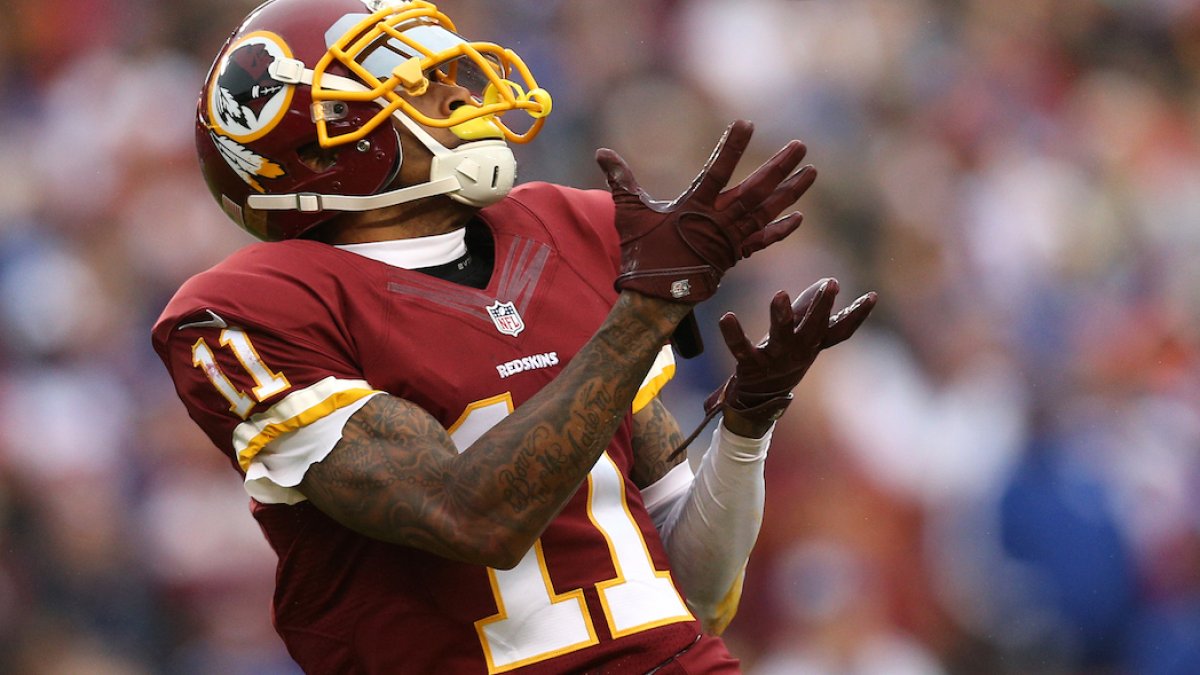Last week, in our first Narrative Street article — an offseason series exploring popular narratives in fantasy football — we explored whether “Angry Tom Brady” was a real thing for fantasy football. The verdict was murky, but we found enough evidence to keep the narrative alive nonetheless.
Up next on Narrative Street: The “revenge game.”
The narrative: Players play better when they face their former teams
This is a fun narrative because it’s so easy to comprehend — players gain a bit extra motivation when facing their former teams in a bid to “stick it to them” and let them know what they are missing out on. Surely that motivation leads to bigger statistics — right? Let’s find out.
After a certain period of time, the NFL becomes quite incestuous, which makes pinpointing “revenge games” rather difficult from a research perspective. So to keep it uniform and recent, I cataloged fantasy-relevant players who have switched teams over the past three seasons. This includes players such as LeSean McCoy, DeSean Jackson, Steve Smith, Golden Tate, Eric Decker, Emmanuel Sanders, Brandon LaFell, Ryan Fitzpatrick, Brock Osweiler, DeMarco Murray, Jimmy Graham, Rashad Jennings, Charles Clay and several others.
I then took each player’s average points per game from the 2014, 2015 and 2016 seasons, and compared it to any “revenge games” they played in those respective seasons. And voilà, we officially had a difference between “revenge games” and a baseline (the averages).
Exclusive content for premium subscribers

WANT TO KEEP READING?
Dominate Fantasy Football & Betting with AI-Powered Data & Tools Trusted By All 32 Teams
Already have a subscription? Log in



 © 2025 PFF - all rights reserved.
© 2025 PFF - all rights reserved.